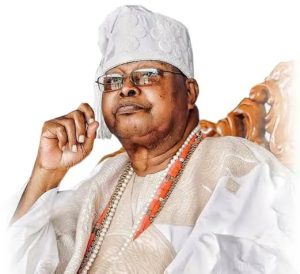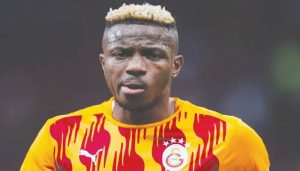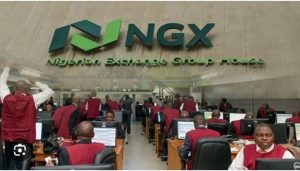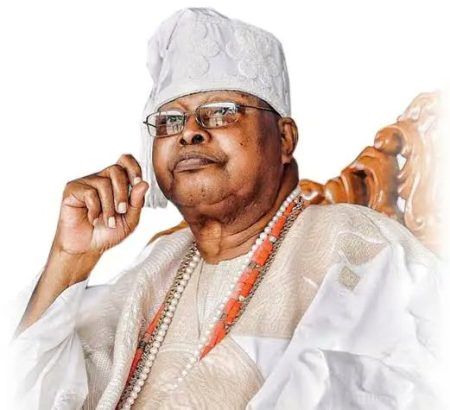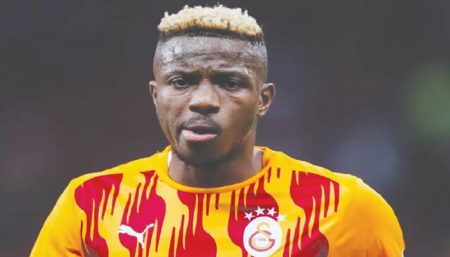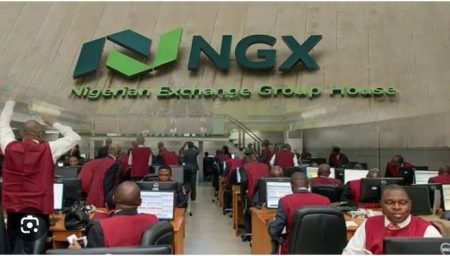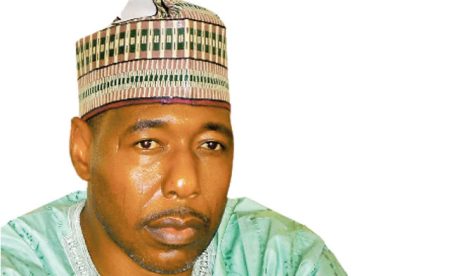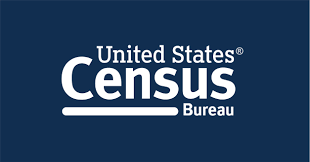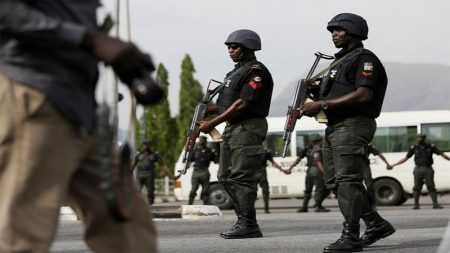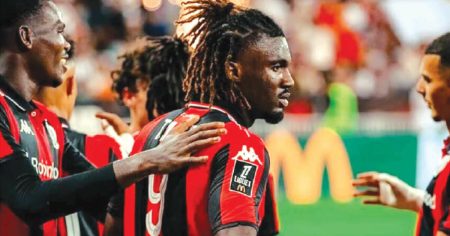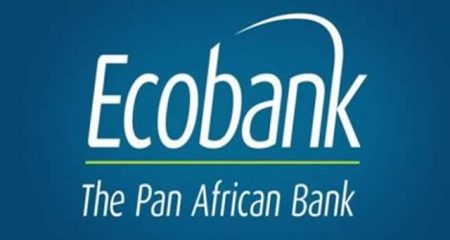The political landscape of Osun State, Nigeria, is abuzz with activity as key figures engage in strategic maneuvers and alliances. Rauf Aregbesola, the interim National Secretary of the Action Democratic Congress (ADC), has embarked on a mission to bolster the party’s ranks, and his latest target is none other than his predecessor as Osun State Governor, Olagunsoye Oyinlola. This meeting, held at Oyinlola’s residence in Okuku, Osun State, carries significant weight given the history between the two politicians. Aregbesola’s governorship victory in 2010 followed a protracted legal battle challenging the outcome of the 2007 gubernatorial election, in which Oyinlola was initially declared the winner. Now, years later, Aregbesola is seeking to persuade his former rival to join forces within the ADC.
The ADC, a relatively new party on the Nigerian political scene, has set its sights on unseating President Bola Tinubu in the 2027 elections. To achieve this ambitious goal, the party is actively recruiting prominent political figures from across the country. Aregbesola’s appointment as interim National Secretary, alongside Senator David Mark as interim National Chairman, signals the ADC’s intent to build a formidable coalition. The party has attracted a diverse array of individuals, including former Vice President Atiku Abubakar, Labour Party presidential candidate Peter Obi, former Kaduna State Governor Nasir El-Rufai, former Rivers State Governor Rotimi Amaechi, and former Secretary to the Government of the Federation Babachir Lawal. This eclectic mix of personalities underscores the ADC’s ambition to challenge the established political order.
The meeting between Aregbesola and Oyinlola has generated considerable speculation, particularly regarding its implications for both national and state-level politics. Sources close to the meeting indicate that Aregbesola explicitly invited Oyinlola to join the ADC. While Oyinlola’s response was non-committal, merely expressing appreciation for the visit, the very fact of the meeting suggests a potential shift in political allegiances. Charles Omidiji, the Osun State ADC chairman, confirmed the meeting and emphasized the importance of building a broad base of support. He hinted at the possibility of other high-profile defections from both the Peoples Democratic Party (PDP) and the All Progressives Congress (APC) to the ADC, further fueling the intrigue surrounding the party’s recruitment efforts.
Oyinlola’s recent statements add another layer of complexity to the political dynamics in Osun State. In a televised interview, he alleged that the APC was pressuring Governor Ademola Adeleke to defect from the PDP. Oyinlola expressed concern about the pressure tactics employed by the ruling party, characterizing them as an attempt to influence elected officials. He noted the dilemma faced by Governor Adeleke, acknowledging the potential damage to his political career if he were to align himself with the APC, a party that Oyinlola believes has not served the people of Osun State well. Despite the alleged pressure, Oyinlola affirmed his own steadfast commitment to the PDP, highlighting his experience as a former military administrator, civilian governor, and PDP national secretary.
Adding to the intricate web of political maneuvering is the recent communique issued by the Osun State PDP, endorsing both Governor Adeleke for re-election in 2026 and President Tinubu for the 2027 presidential election. This seemingly contradictory stance raises questions about the internal dynamics within the PDP and the party’s strategic calculations in the face of the ADC’s growing influence. The endorsement of Tinubu, while potentially aimed at mitigating pressure from the ruling party, could also alienate some within the PDP who oppose the current administration.
The political landscape of Osun State is in a state of flux, with established alliances being tested and new possibilities emerging. Aregbesola’s outreach to Oyinlola represents a significant development, potentially reshaping the balance of power in the state. The ADC’s aggressive recruitment strategy, combined with the internal pressures within the PDP and the APC’s attempts to consolidate its power, creates a volatile and unpredictable political environment. The coming months will be crucial in determining the trajectory of these political realignments and their impact on the 2026 gubernatorial and 2027 presidential elections. The meeting between Aregbesola and Oyinlola serves as a microcosm of the larger political drama unfolding in Nigeria, where personal ambitions, party loyalties, and strategic calculations intersect to shape the future of the nation.


